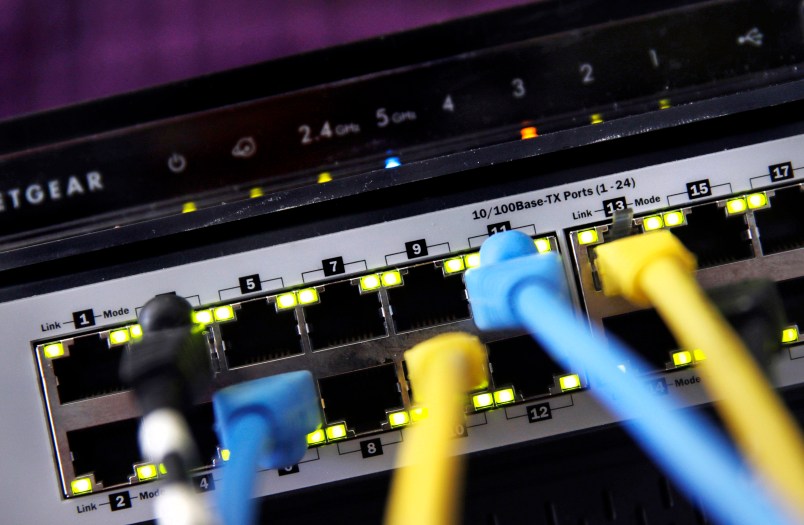The House has passed bill Wednesday to restore Obama-era “net neutrality” rules, but the legislation faces slim odds of making it through the Republican-controlled Senate.
The Save the Internet Act passed the Democrat-controlled House 232-190 Wednesday, with only one Republican vote in favor. But top Senate Republican Mitch McConnell said Tuesday that net neutrality is “dead on arrival in the Senate.” The Trump administration also opposes the bill . Still, the effort to restore net neutrality could give Democrats political points on consumer protections.
The 2015 net neutrality regulations barred internet service providers like Comcast, Verizon and AT&T from blocking or slowing online traffic or from charging companies for faster lanes for consumers. They were highly partisan in Washington and came after a decade of telecom-industry resistance.
They were upheld by a federal appeals court, but the Federal Communications Commission scrapped the rules after the Trump administration installed a Republican majority there. That meant there was nothing stopping ISPs from interfering with internet traffic so long as they disclosed it.
The net-neutrality saga continued as tech companies and nearly two dozen U.S. states sued to undo the 2017 repeal and restore the 2015 measure. A decision by a federal appeals court on that is pending. California also has a net-neutrality law which is on hold until the appeals court decision.
In Congress, Republicans have introduced three other bills that net-neutrality advocates say are too weak because they don’t give the FCC the power to go after potential bad behavior by ISPs aside from blocking, throttling and charging internet companies for zippier access to users.



